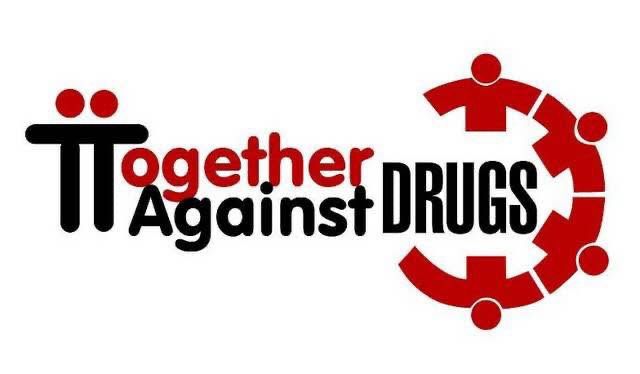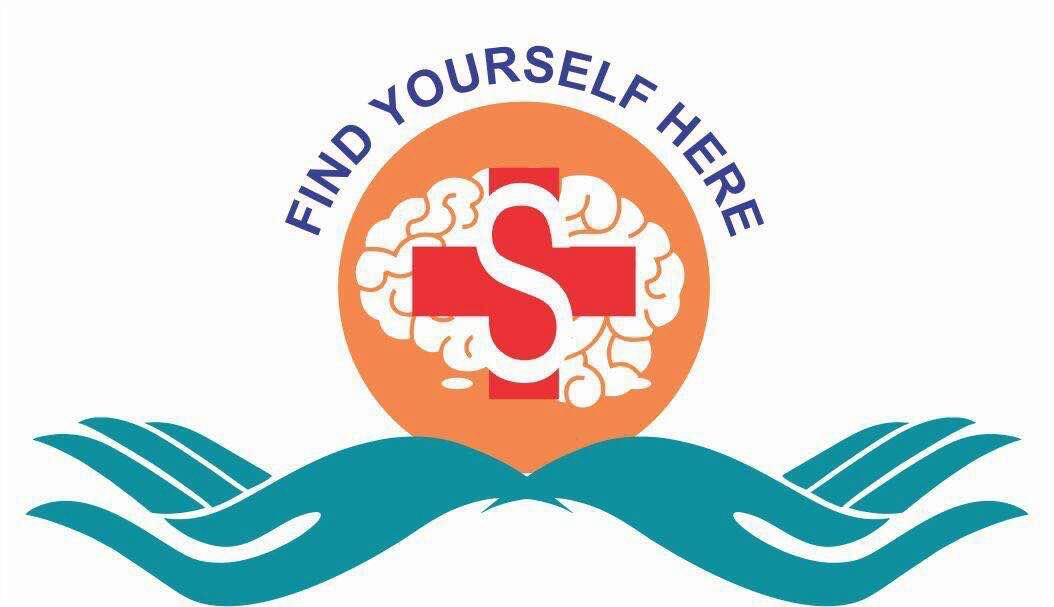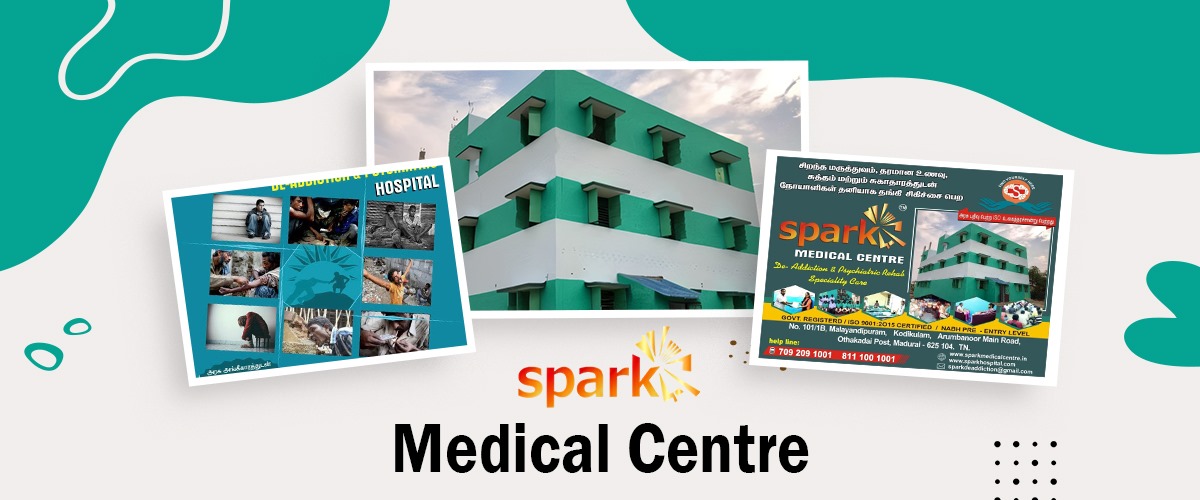
Depression
Depression is more than just feeling sad or going through a rough patch. It’s a serious mental health condition that affects how a person feels, thinks, and manages daily activities. It can impact anyone, regardless of age, gender, or background, and often requires professional treatment to overcome.
Symptoms of Depression
Persistent sadness, emptiness, or hopelessness
Loss of interest or pleasure in activities once enjoyed
Fatigue or lack of energy
Changes in appetite or weight
Sleep disturbances (insomnia or oversleeping)
Difficulty concentrating, remembering, or making decisions
Feelings of guilt, worthlessness, or helplessness
Irritability or restlessness
Physical aches or pains with no clear cause
Thoughts of death or suicide

Causes of Depression
Biological Factors: Changes in brain chemistry or hormones
Genetics: Family history of depression or other mental health disorders
Life Events: Trauma, grief, relationship problems, or major life changes
Medical Conditions: Chronic illnesses or certain medications
Personality: Low self-esteem or a pessimistic outlook
How to Recover from Depression
Seek Professional Help: A licensed therapist or psychiatrist can provide accurate diagnosis and treatment
Medication (if needed): Antidepressants can help balance brain chemicals
Therapy: Cognitive Behavioral Therapy (CBT), talk therapy, or other approaches help manage thoughts and behaviors
Lifestyle Changes: Regular exercise, healthy eating, and good sleep habits
Support System: Connection with family, friends, or support groups
Mindfulness & Self-care: Meditation, journaling, and self-compassion practices

Our Treatments for Depression
Personalized Therapy: One-on-one counseling with experienced mental health professionals
Cognitive Behavioral Therapy (CBT): A proven method to reframe negative thought patterns
Medication Management: Supervised prescription and monitoring of antidepressants
Group Therapy: Shared healing through peer connection and guided discussion
Holistic Approaches: Yoga, mindfulness, art therapy, and lifestyle coaching
Crisis Intervention: Immediate support for individuals in urgent need


